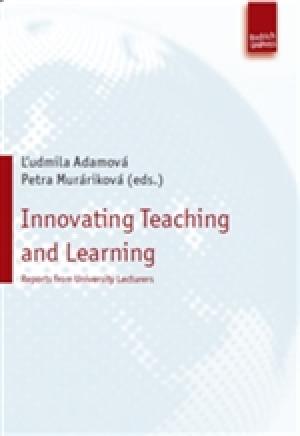Resources
A statement prepared by the Joint Committee on College Library Problems, a national committee representing the Association of College and Research Libraries, the Association of American Colleges (now the Association of American Colleges and Universities), and the American Association of University Professors. Reaffirmed 2007.
Annoyed Librarian' Blog entry looking at reasons for and against librarians getting tenure.
Sociological look at religious belief and practices among college students
"How . . . do we represent religious experience, in all of its various forms from apostasy to rapture, in ways that remain faithful to the rules of careful historical scholarship, but without inadvertently denigrating the experience as such by making it seem subordinate to other goals?"

Click Here for Book Review Abstract: The book brings together unique teaching experiences of young researchers innovating their teaching and student learning and enhancing student engagement. Their teaching innovations serve as a valuable source of inspiration for other young teachers who face similar pedagogic problems.
This teaching piece first invites the instructor to consider four criteria when planning a small-group discussion (class size, type of class, instructor preparedness, size of groups). Then, it briefly describes a great many variations on the small-group discussion, such as the jigsaw, the KWL, the fishbowl, the buzz group, the snowball, and several others. This lesson gives the instructor a solid start on a great many kinds of discussion activities.
This brief, practical guide lists common problems with leading effective small groups, then techniques for better facilitation. Then, it describes several variations on small group discussion: the fishbowl, the snowball group, the "group round," and others. A great resource for the instructor trying to enhance her "group discussion" repertoire.
An early review of Barbara Walvoords’ study showing a "great divide" in the introductory religious-studies classroom, especially at schools with a religious affiliation: While instructors want to prioritize the development of critical thinking, students want discussion that will develop their own religious beliefs and their moral & ethical values. (This is less true at secular colleges, where students are more on board with putting critical thinking first.)
From the Vanderbilt University Center for Teaching comes this deceptively brief help on case studies. The features of a good case study are described, then a series of bullets serve as an exceedingly practical "check list" for the instructor generating her first case studies for class use.
This Boston University Center for Excellence & Innovation in Teaching article describes the elements of a proper case study, its advantages for learning, guidelines for using case studies in class, and select additional online resources.